The Montessori Philosophy – Nurturing Character and Independence in Children encourages a journey where every child grows with confidence, kindness, and curiosity. Let’s find out with 4Life Education how this approach helps little learners build strong character and independence from their earliest years.
Understanding the Montessori philosophy
The Montessori philosophy, created by Dr. Maria Montessori, centers on the belief that every child is naturally eager to learn. Instead of focusing on memorization or competition, this approach honors each child’s individuality and pace. Children learn through exploration, experience, and discovery rather than instruction alone.
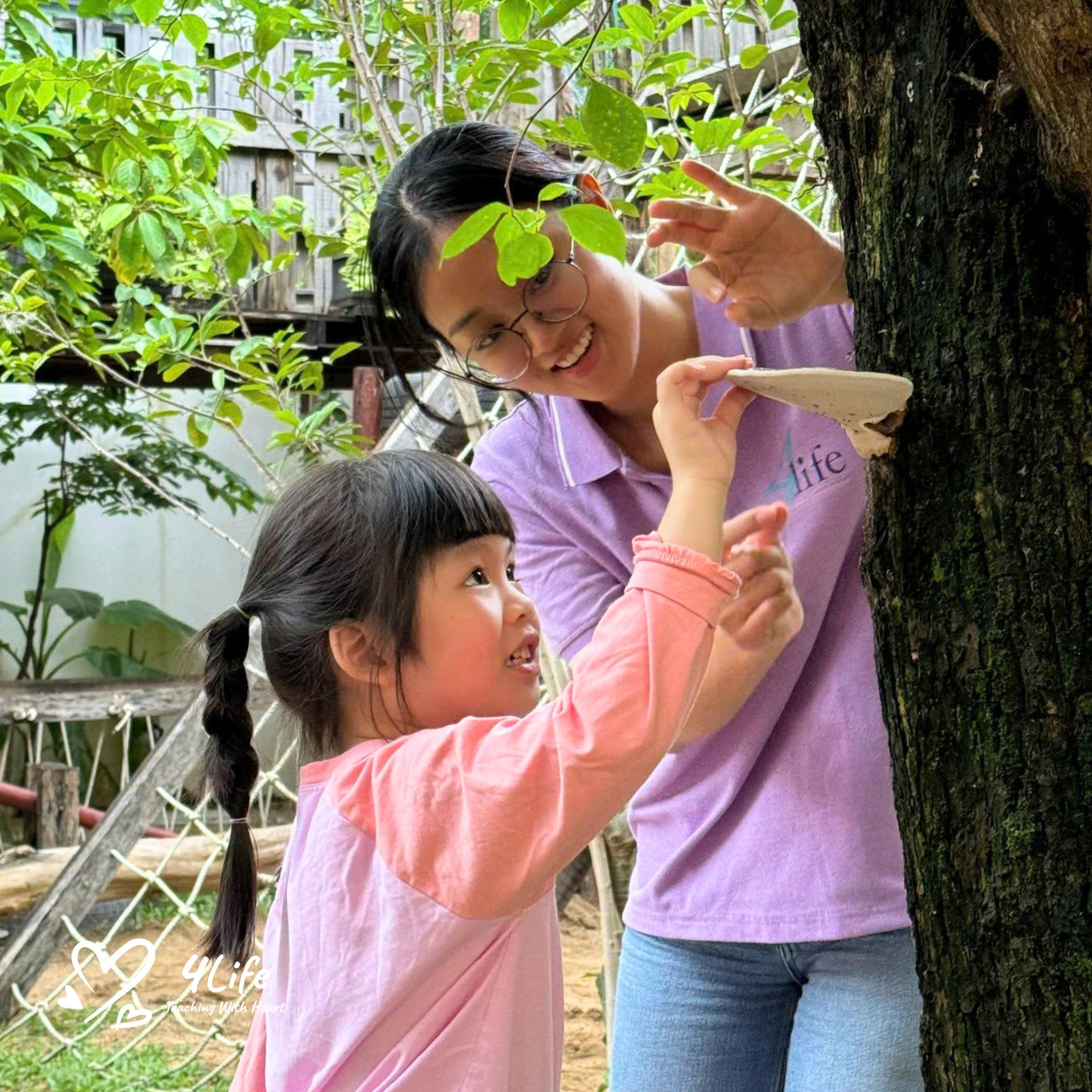
The Montessori Philosophy – Nurturing Character and Independence in Children
In a Montessori environment, everything is carefully designed to promote independence. The shelves, materials, and activities are arranged so that children can access them easily. They are trusted to make choices, care for their space, and take responsibility for their actions. This sense of control nurtures both self-confidence and discipline – two essential foundations of character development.
Encouraging independence from an early age
From the very beginning, Montessori education places great emphasis on helping children do things for themselves. Whether it’s dressing, pouring water, or tidying up, these everyday tasks are seen as valuable learning opportunities. By doing them independently, children build life skills and learn to trust their own abilities.
Instead of rushing to help, teachers observe and guide patiently. When children are allowed to try, make small mistakes, and try again, they gain persistence and resilience. Over time, they realize that effort brings success, which strengthens their sense of independence and pride.
Building character through respect and empathy
In Montessori classrooms, respect is at the heart of every interaction. Children are taught to respect themselves, others, and their environment. This respect forms the foundation for empathy and kindness, essential qualities in developing good character.
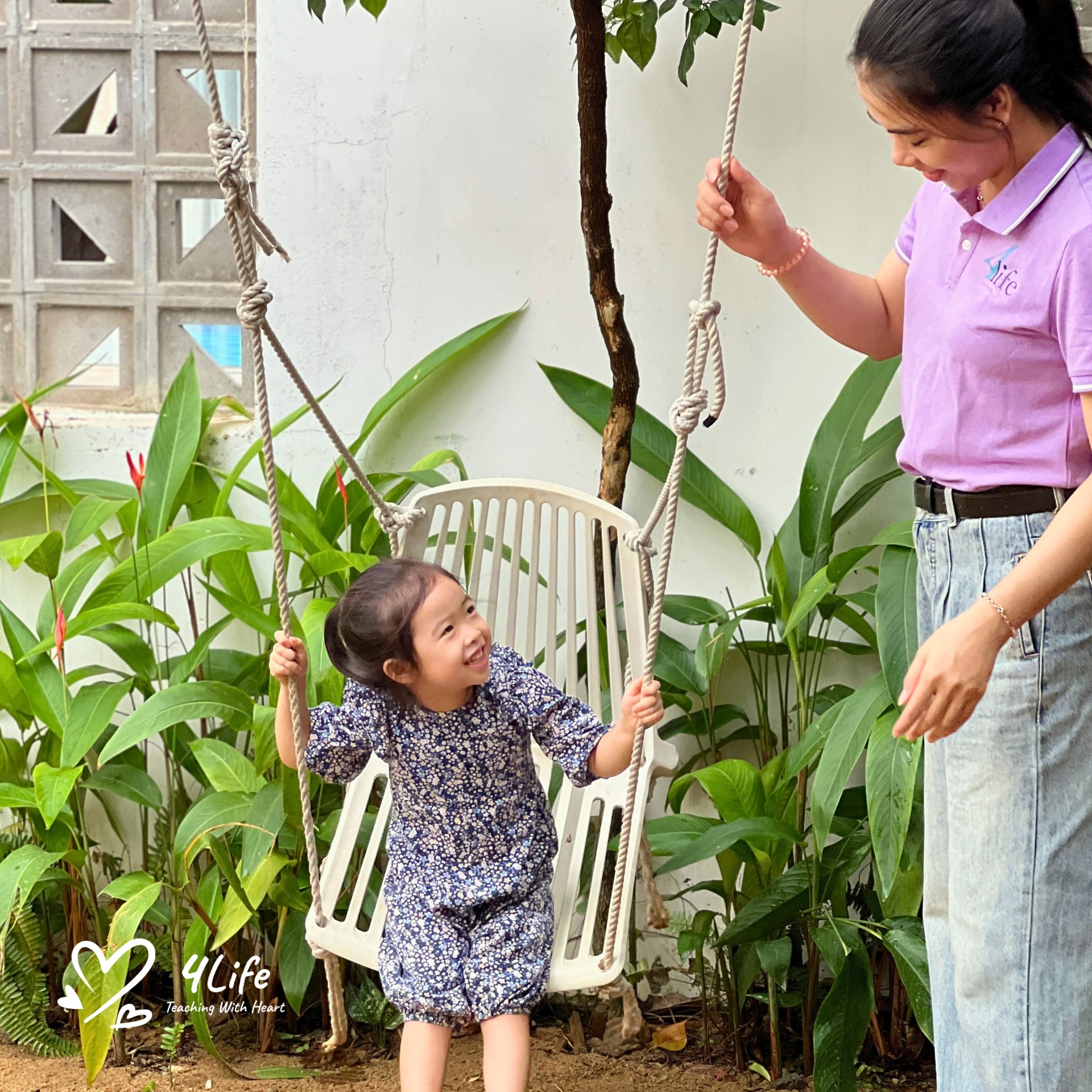
Building character through respect and empathy
Teachers model gentle communication, patience, and care, helping children understand the importance of cooperation. The classroom becomes a small community where everyone contributes, listens, and learns from one another. Through daily experiences, children learn compassion, fairness, and how to resolve conflicts peacefully.
Learning through purposeful play
Play in Montessori education is not just about fun – it is meaningful work that helps children learn naturally. Montessori materials are designed with purpose, inviting children to explore shapes, sounds, numbers, and patterns in hands-on ways. Through such play, children develop concentration and problem-solving skills while satisfying their natural curiosity.
This kind of purposeful play encourages children to think independently and creatively. When they build, sort, match, or experiment, they’re not only discovering academic ideas but also learning perseverance and focus. Each activity becomes a stepping stone to both intellectual and emotional growth.
The role of the teacher as a guide
Montessori teachers play a very different role from traditional educators. Instead of being the center of attention, they quietly observe, support, and guide children according to their interests and readiness. Their presence is calm yet intentional, creating an atmosphere where children feel safe to explore and take risks.
When a child encounters a challenge, the teacher doesn’t immediately provide answers. Instead, they ask gentle questions that encourage the child to think and find solutions independently. This method builds confidence, critical thinking, and a deep love for learning that lasts a lifetime.
Creating a prepared environment for growth
A Montessori classroom is a thoughtfully prepared environment designed to meet children’s developmental needs. Every object and material has a clear purpose, helping children develop order, responsibility, and focus. The space is simple, beautiful, and inviting – encouraging calmness and self-discipline.
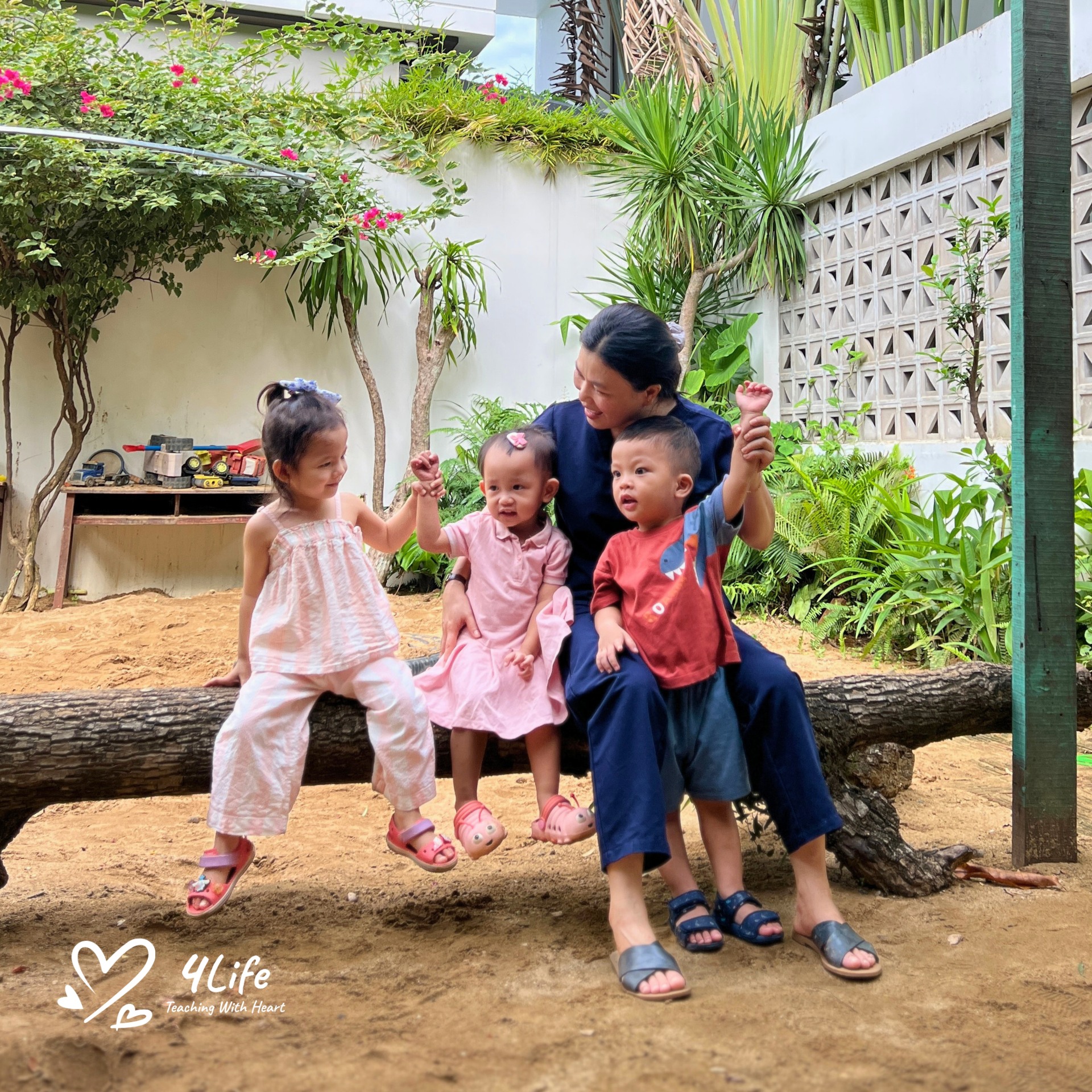
Creating a prepared environment for growth
Children learn to care for their surroundings, returning materials to their places after use. This process teaches them organization, patience, and respect for others. Over time, they develop a sense of belonging and pride in keeping their environment peaceful and purposeful.
How the Montessori philosophy supports lifelong learning
The lessons learned in a Montessori setting extend far beyond early childhood. Children who grow up in such an environment tend to be confident, curious, and adaptable. They see learning as an exciting journey, not a task to complete.
By nurturing independence and character, the Montessori philosophy equips children with the emotional and intellectual tools to navigate life. They become self-motivated learners who think critically, communicate with empathy, and embrace challenges as opportunities to grow.
The Montessori Philosophy – Nurturing Character and Independence in Children shows that education is more than academics – it’s about shaping kind, capable, and confident individuals. When children are given freedom, respect, and guidance, they learn to take charge of their learning and actions. Through this approach, every child discovers the joy of growing independently while developing the strong moral character that will guide them throughout life.

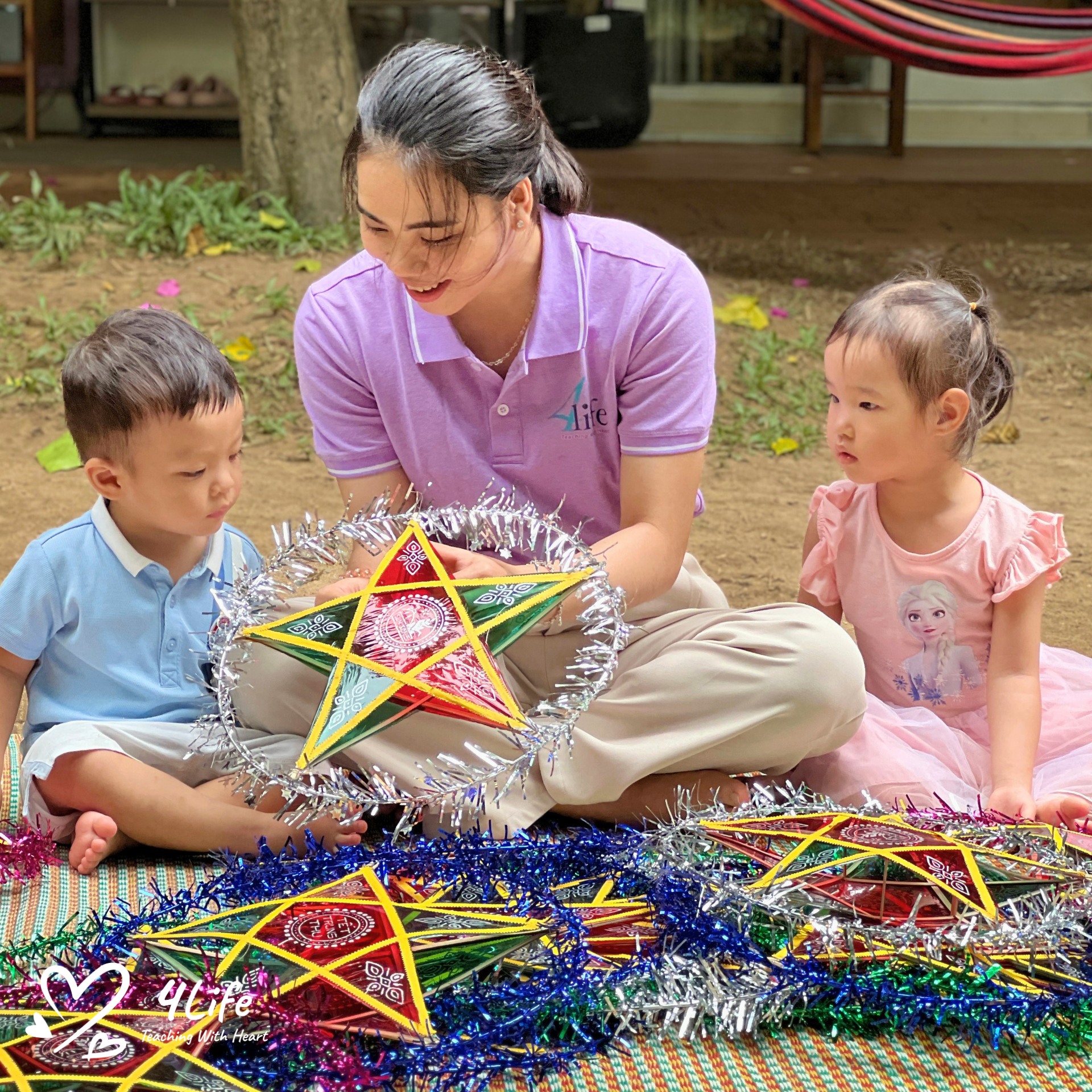
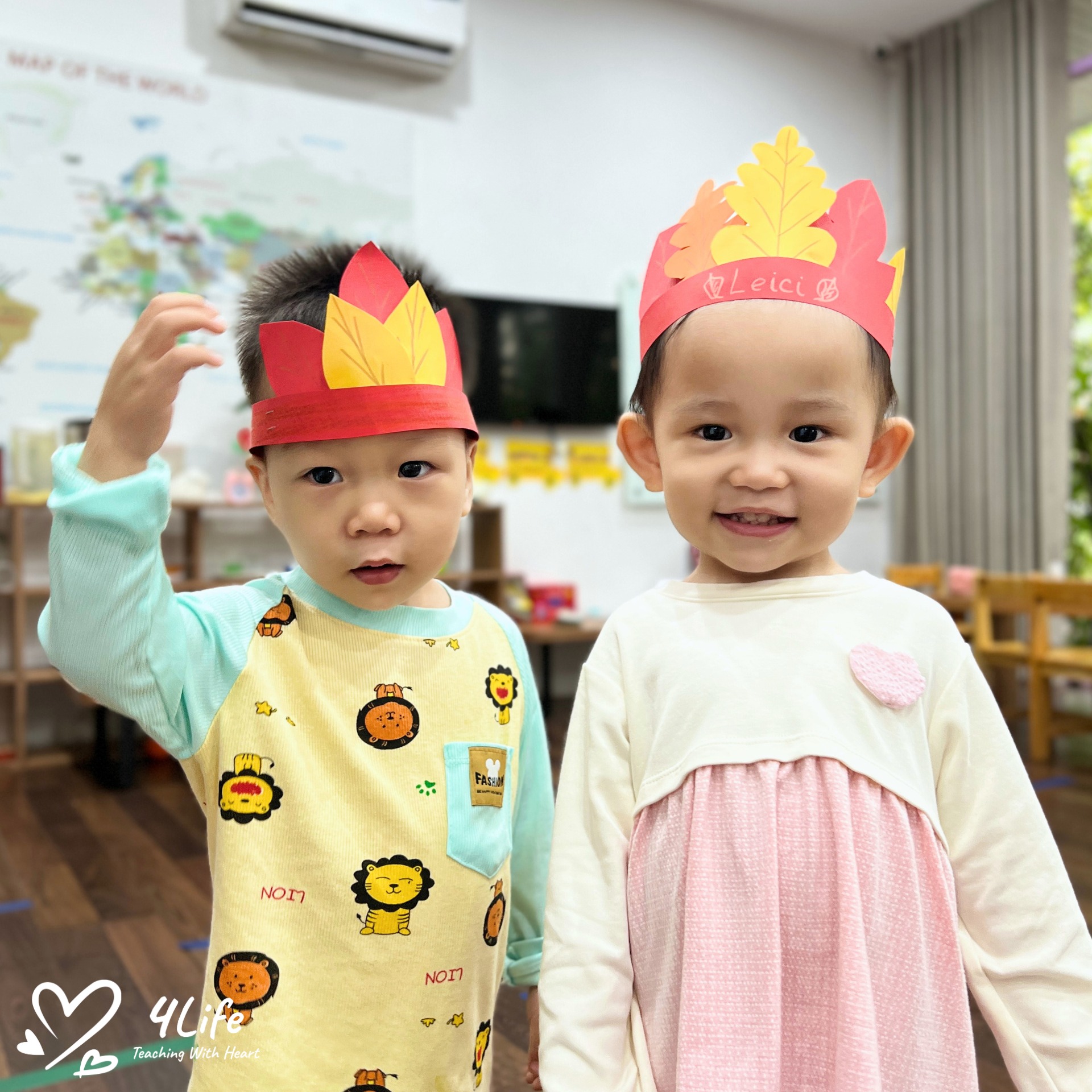
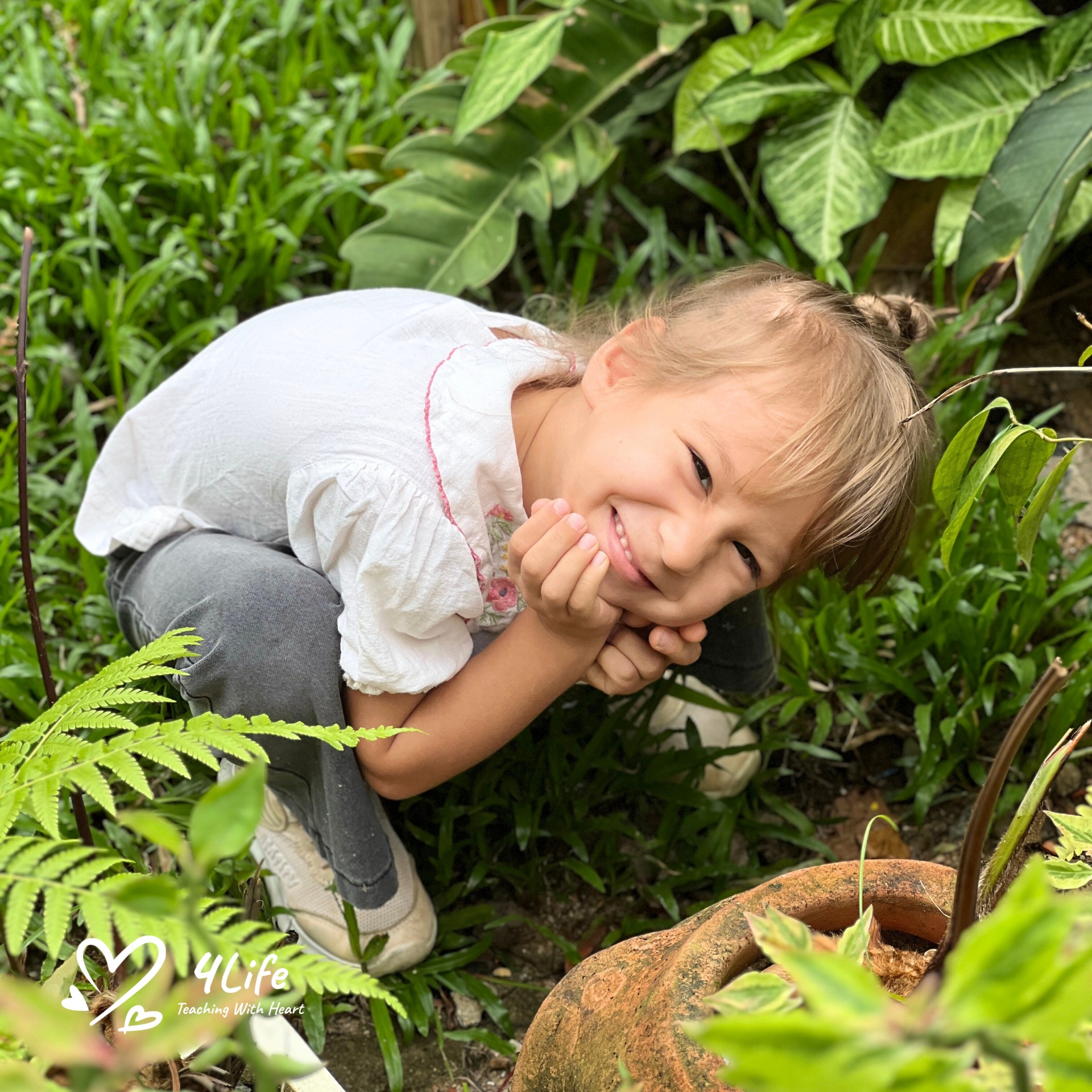
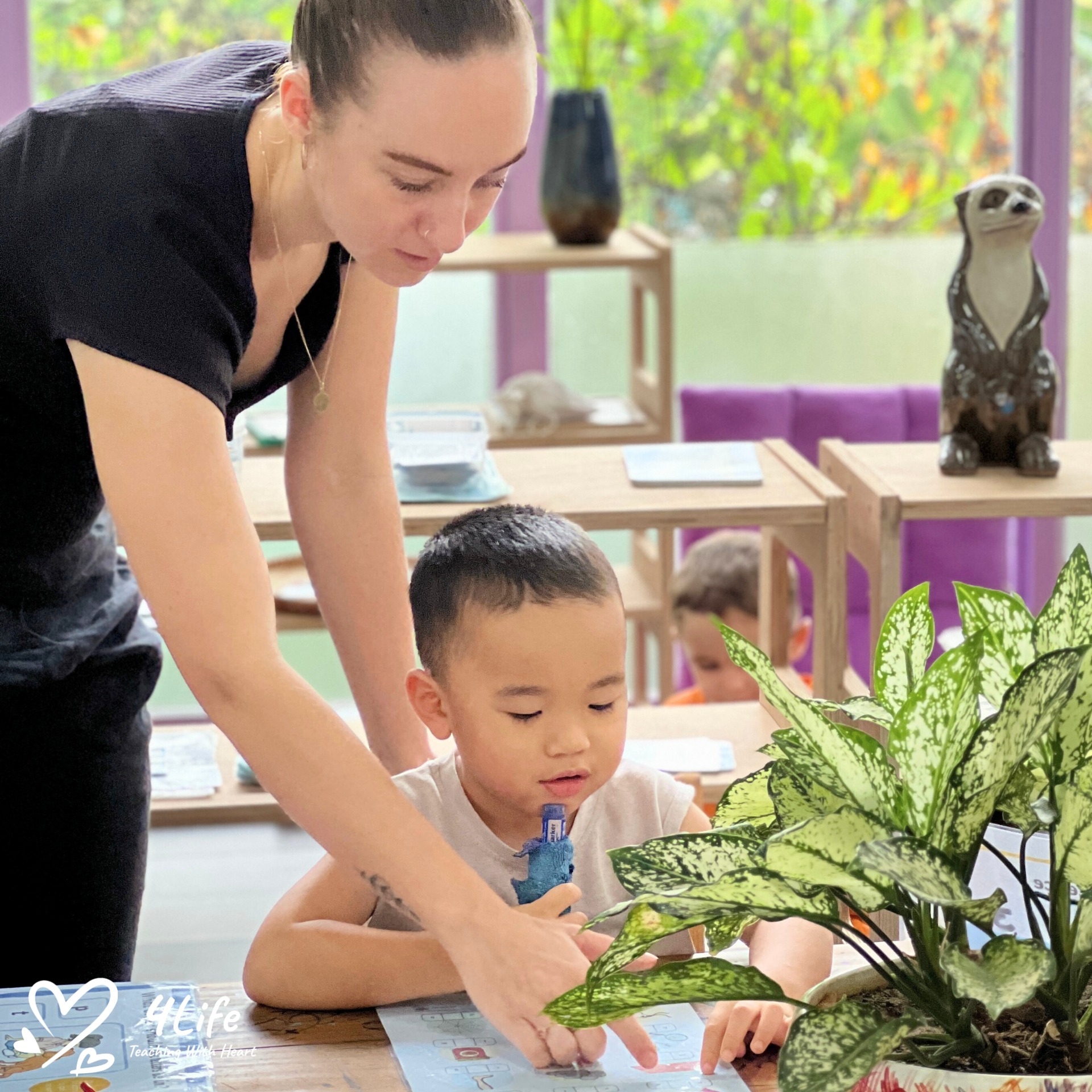
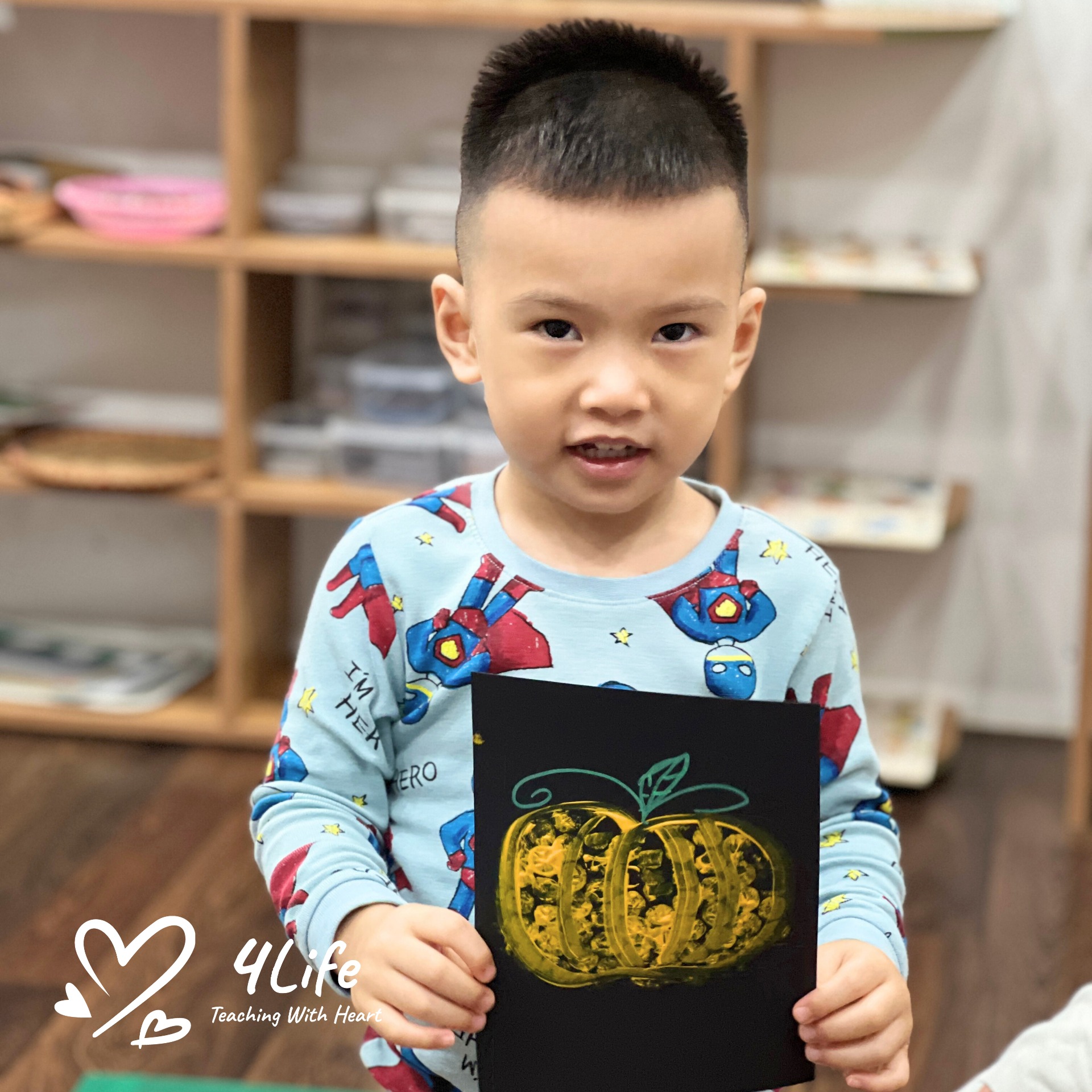
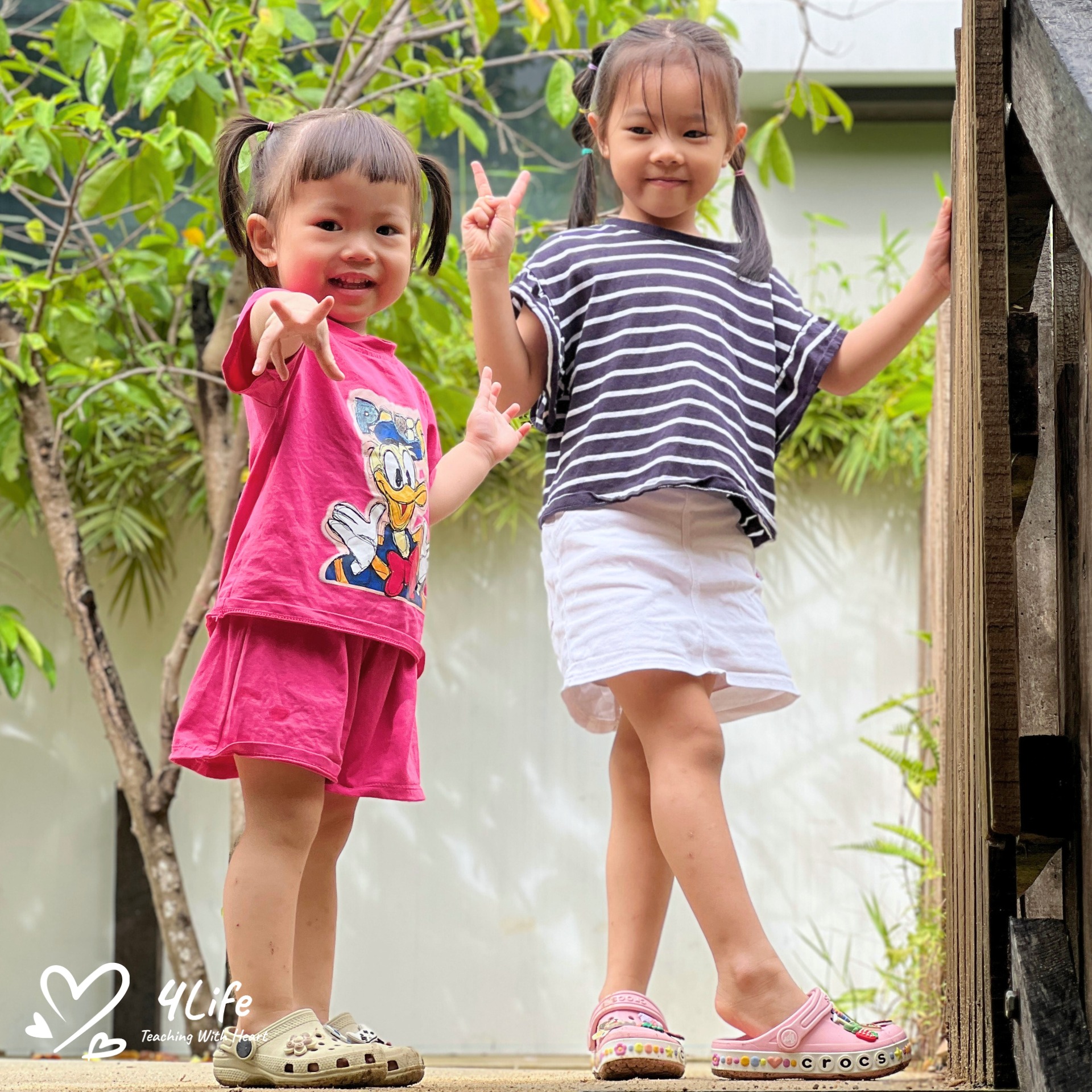
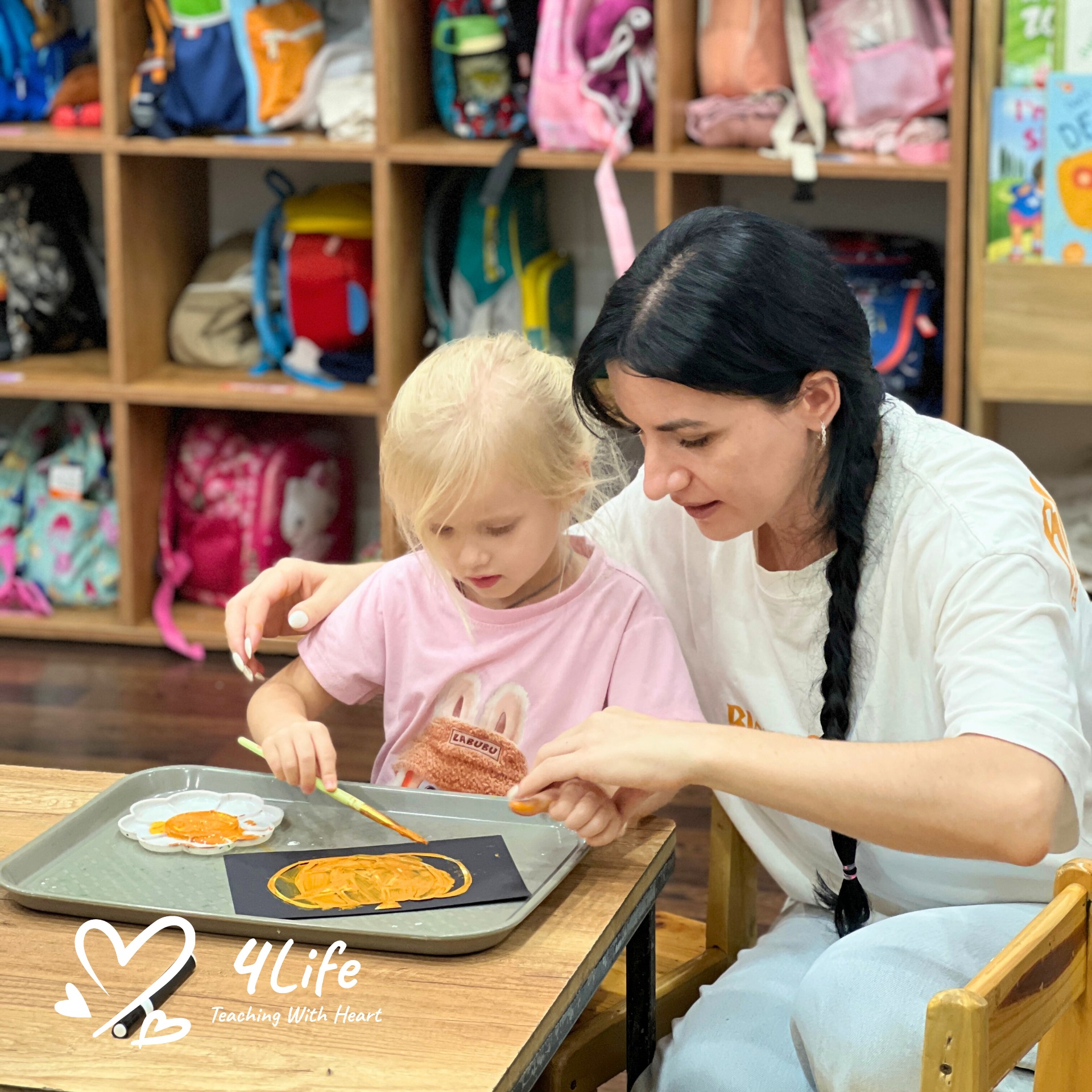
0 Comments